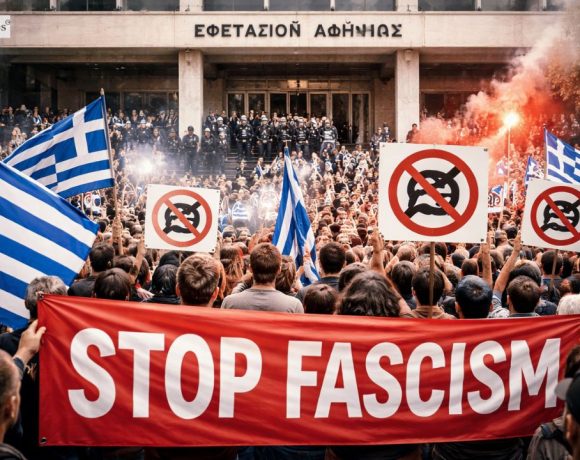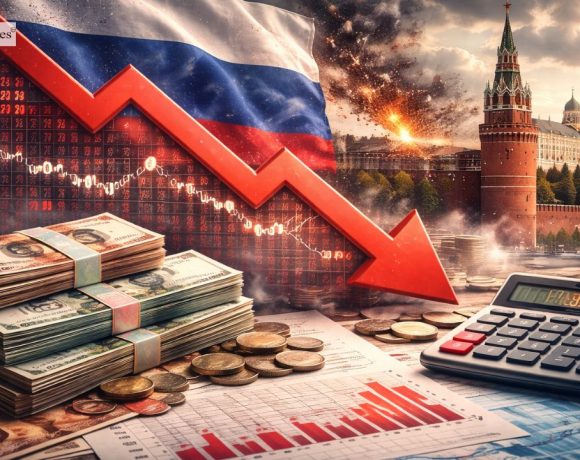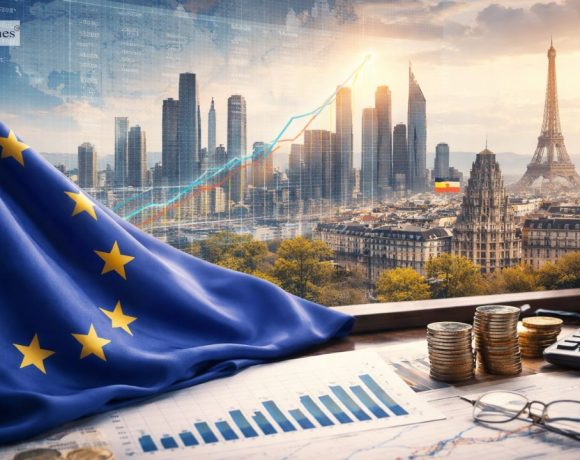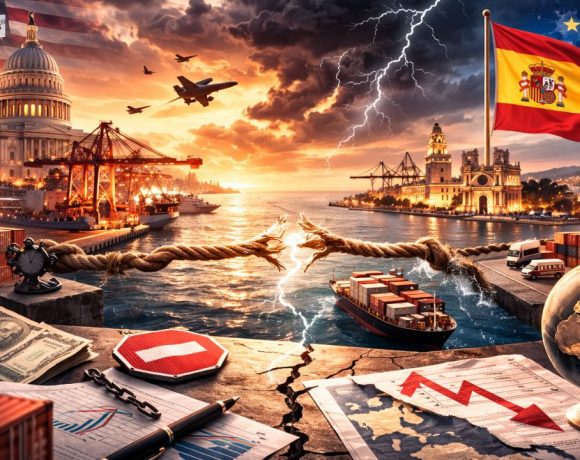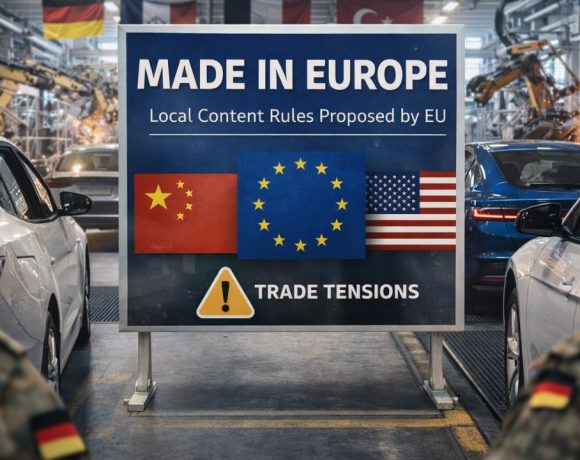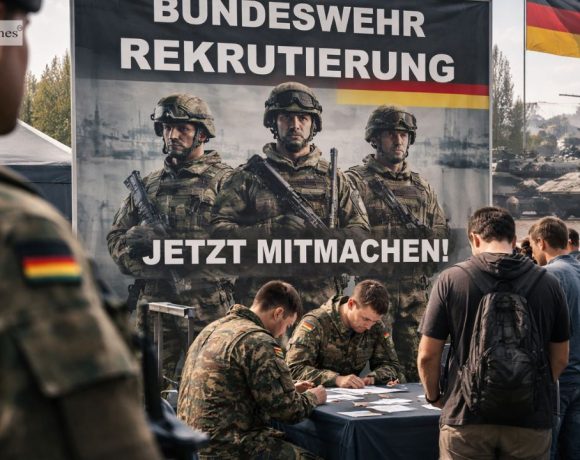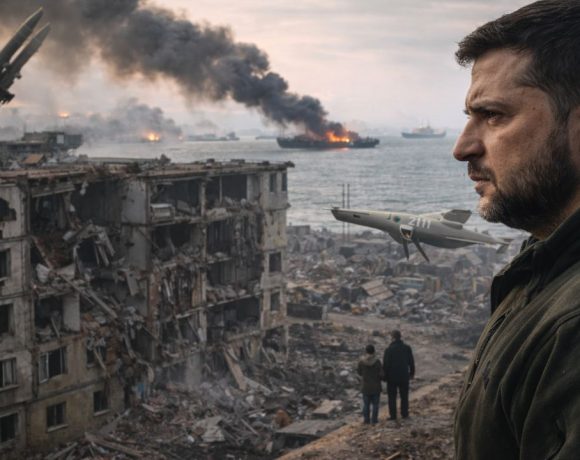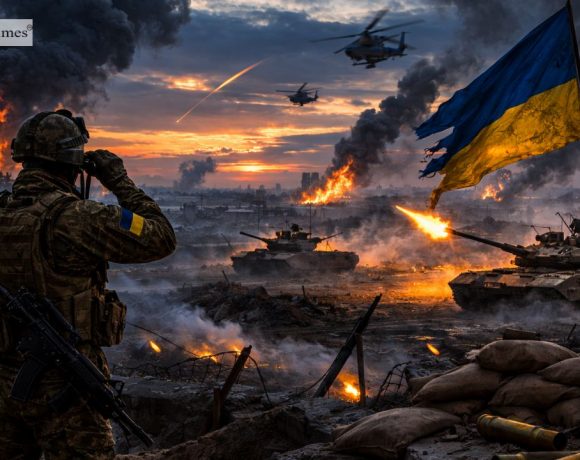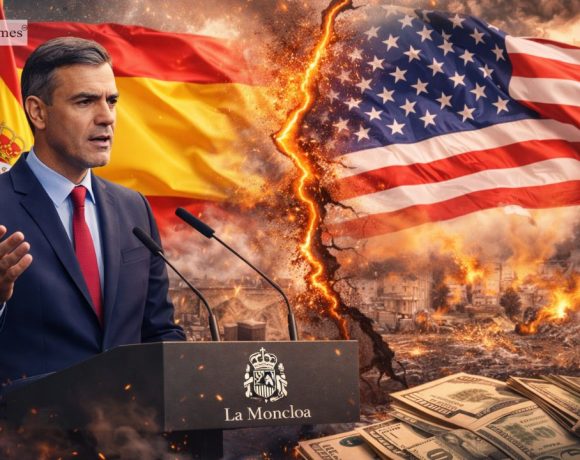
Spanish Prime Minister Pedro Sánchez has firmly rejected US President Donald Trump’s threat to sever trade ties with Spain, reiterating Madrid’s opposition to war and what he described as breaches of international law. In a televised address from the Moncloa Palace, Sánchez said Spain’s position on conflicts in Ukraine, Gaza and Iran could be summed up as “no to war.” Trump had warned he would cut off trade with Spain after Madrid reportedly refused to allow US forces to use the jointly operated bases at Morón and Rota for strikes on Iran, calling Spain a “terrible partner” in NATO.
Sánchez avoided directly mentioning Trump’s trade ultimatum but stressed that “you cannot answer one illegality with another,” warning that escalating military actions risked wider catastrophe. He said Spain was assessing economic measures to shield citizens from the fallout of global tensions. The Spanish leader drew parallels with the 2003 Iraq invasion, recalling the “Azores trio” meeting between former US President George W. Bush, UK Prime Minister Tony Blair and Spain’s then-leader José María Aznar, and argued that intervention had left the world less secure.
European leaders rallied behind Madrid, with French President Emmanuel Macron and European Council President António Costa expressing solidarity. Domestically, Sánchez’s stance may resonate with voters, as recent polling suggests a strong majority of Spaniards hold negative views of Trump. However, uncertainty remains over whether Washington will follow through on its economic threats, adding pressure to Sánchez’s already fragile coalition government amid ongoing political and corruption challenges.
Pic courtesy: google/ images are subject to copyright

